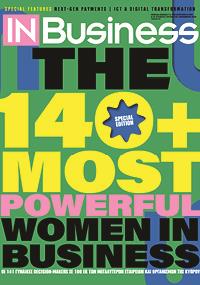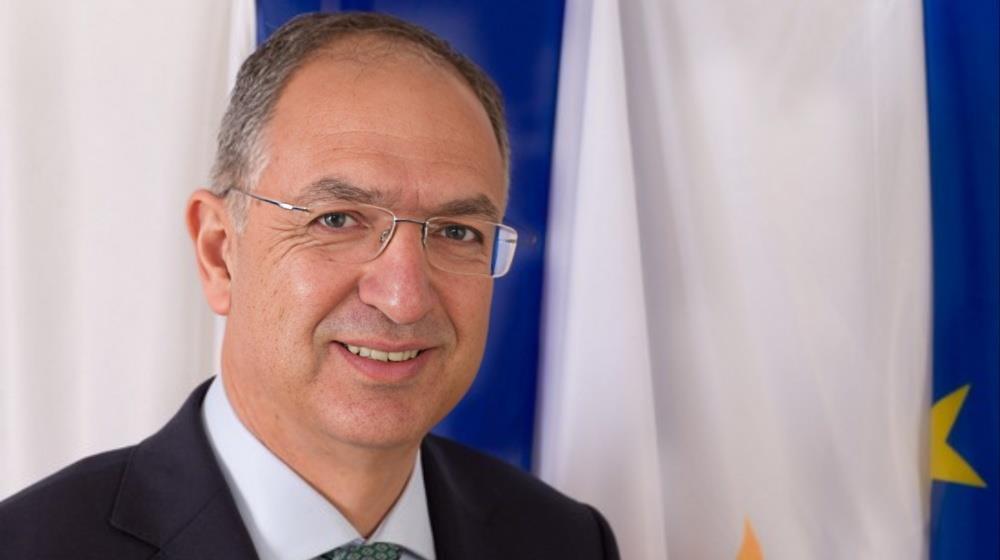The European Commissioner for Fisheries and Oceans, Costas Kadis, has addressed mounting concerns over funding gaps in the EU’s fisheries sector.
Kadis, who is Cypriot, was addressing a 22 September press conference at the end of the first day for the ministerial Council on Fisheries and Agriculture in Brussels.
Kadis stressed that what the Multiannual Financial Framework (MFF) sets is a baseline, and therefore member states hold the key to unlocking additional resources through strategic investments and broader EU funding streams. Speaking after the fisheries Council, the Commissioner highlighted the need for simpler, more competitive, and sustainable policies, while pushing back against suggestions that the €2 billion minimum allocation for fisheries under the new MFF falls short, arguing instead that the revised financial structure offers unprecedented flexibility to exceed past funding levels.
"Every commissioner would be more satisfied if a bigger amount would be available for activities of his own portfolio," Kadis acknowledged in response to questions about the apparent shortfall compared to previous funding cycles.
"But the structure of the new MFF doesn’t just maintain current levels, it creates opportunities to go beyond them," he added.
He pointed to the expanded eligibility of fisheries-related actions under the National and Regional Partnership Plans (NRP), where the same projects, from fleet modernization to data collection and control systems—can now draw on multiple funding sources. "The €2 billion is a guaranteed minimum for core fisheries needs under the Common Fisheries Policy (CFP), but additional investments can cover a far broader range of activities: scientific advice, crisis response, even generational renewal in coastal communities," he explained.
Beyond the NRP funds, Kadis highlighted three major financial instruments where fisheries could secure extra support: the €11.5 billion EU Facility, designed for rapid deployment in crises; the €451 billion European Competitiveness Fund, which can back innovation and market resilience; and the €200 billion Global Europe Instrument, offering avenues for international cooperation. "When you combine these streams, the potential is there to not only match but surpass the previous EMFAF budget," he said, shifting responsibility to member states to actively pursue these opportunities. "The new MFF builds a closer link between fisheries, cohesion, and agricultural policies—this is not a reduction, but a smarter integration."
The Commissioner’s remarks came as Danish Fisheries Minister Jacob Jensen underscored the urgent need for simplification to boost competitiveness, calling the Council’s discussions "very constructive" but warning that administrative burdens continue to stifle the sector. Jensen, whose country holds the EU Presidency, stressed that successful negotiations with the UK and Norway, critical for stable access to fishing grounds—will hinge on unified EU action in the coming months.
(Source: CNA)









